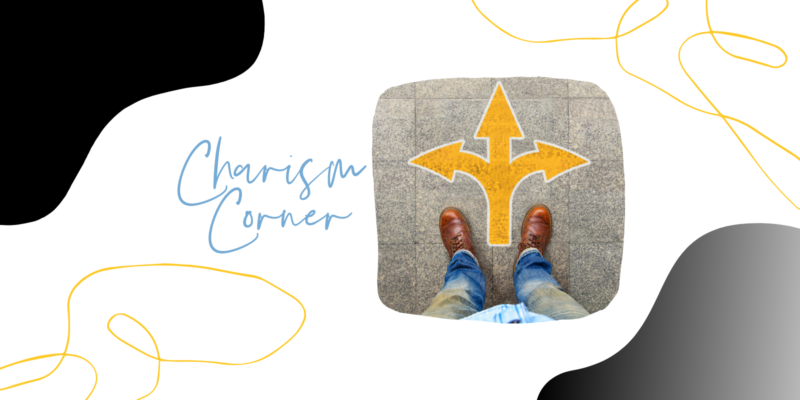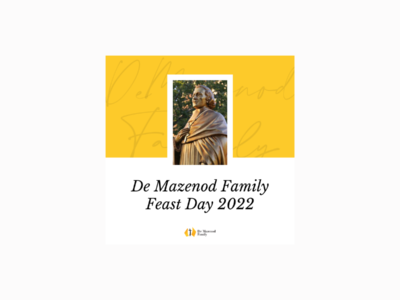By Nimmi Candappa
When a new baby is born in our society, family, and friends cluster around to gush over the new life, to congratulate the parents. Christians will have the baby baptised within a short period of the child’s birth. Yet we do not typically offer the child to God, as was done during the times of Jesus: a ritual in ancient times which involved parents presenting and consecrating at the Temple the first-born male to God.
This week we celebrate the feast of the Presentation of Jesus at the Temple. The feast of the Presentation highlights two faith characteristics for us. The obedience of Mary and Joseph in complying with the Law of Moses and consecrating Jesus 40 days after his birth, despite their child being the Son of God; and the humility of Mary to subject Herself to a purification ritual.
Obedience and humility are not characteristics that we frequently aspire to in today’s society. They do not bode well with the more individualistic and self-focussed approach that is more typically favoured. An increasing desire for making our own choices – whether it be on how we live, when we die, or even our gender – makes the idea of having someone else dictate our direction and decisions in life confronting to many of us. How would they know what we need or what is best for us, we might ask? What gives them the right to tell us what to do?
It seems humility, trust and obedience go well together. Seeking the humility to hold the things in our life lightly, and developing a trust that God oversees all these things in our life, and so will work them for our good, opens up a space in us that allows us to take direction more easily from others.
St Eugene was not known for being someone with an easy character. From Noble heritage, humility may not have been a natural characteristic in him. But through the various trials he faced during the French Revolution, and the repeated struggles when establishing his Order, a clear humility is evident in his writings. “How still imperfect, my God, is my conversion; the root of sin lives on in me…” “…seeing the graces which have been given me… I acknowledged myself as the man who stood in most need of redemption….”
He also writes of the importance of obedience in holding together his newly found community, and he is highly critical of the priests who resisted his direction.
How does the idea of humility and obedience sit with us? What ideas do we have of these? Are we open or resistant to developing these characteristics? In this coming fortnight, as we work our way into this new year, let us be alert to ways in which the Spirit might be drawing us towards a greater humility, and a deeper receptivity to those in areas of authority, all the while striving to find everyday examples for why we can always trust God with confidence.








